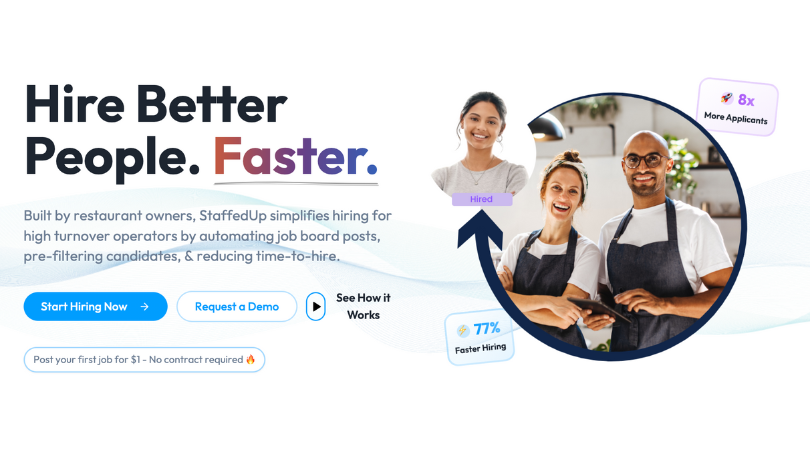Reasonable accommodations refer to modifications or adjustments made in the hiring process to enable individuals with disabilities or other protected characteristics to have equal opportunities. These accommodations are provided to eliminate barriers and ensure that candidates can fully participate in the interview process.
It is crucial to have a clear understanding of what constitutes a reasonable accommodation. This includes being aware of the different types of accommodations that can be requested, such as providing assistive technology, modifying interview formats, or adjusting work schedules.
By recognizing the importance of reasonable accommodations, employers can create an inclusive hiring process that values diversity and provides equal opportunities to all candidates.
The Importance of Requesting Accommodations
Requesting reasonable accommodations is vital for individuals with disabilities or other protected characteristics to have an equal chance in the job interview process. By making these requests, candidates can ensure that they are on a level playing field and can showcase their skills and qualifications without facing unnecessary barriers.
Requesting accommodations demonstrates self-advocacy and highlights the candidate’s ability to effectively navigate workplace challenges. It also allows employers to assess the candidate’s problem-solving skills, adaptability, and willingness to seek support when needed.
Overall, this is a proactive step in promoting inclusivity and fairness in the hiring process.
How to Request Reasonable Accommodations
When requesting reasonable accommodations in a job interview, it is important to approach the process with clarity and professionalism. Here are some steps to follow:
1. Research the company’s accommodation policy: Before requesting accommodations, familiarize yourself with the company’s policies and procedures regarding reasonable accommodations. This will help you understand the process and any specific requirements.
2. Determine the accommodations needed: Identify the specific accommodations that would enable you to fully participate in the interview process. This may include requesting assistive technology, accessible interview locations, or additional time for assessments.
3. Contact the employer or hiring manager: Reach out to the appropriate person in the organization to discuss your accommodation needs. Clearly communicate your requirements and explain how these accommodations would enable you to showcase your skills and qualifications effectively.
4. Provide supporting documentation, if required: In some cases, employers may require documentation from a healthcare professional or relevant authority to validate your accommodation request. Ensure you have the necessary documentation prepared, if needed.
5. Follow up and confirm arrangements: Once you have made your request, follow up with the employer to confirm that they have received and understood your accommodation needs. Discuss any necessary arrangements or modifications to the interview process.
By following these steps, you can effectively request reasonable accommodations and ensure that your needs are met during the job interview process.
Creating a Fair Accommodation Policy
To promote fairness and inclusivity in the hiring process, employers should establish a fair accommodation policy. Here are some key considerations when creating such a policy:
1. Consult legal requirements: Familiarize yourself with the legal obligations and requirements related to reasonable accommodations in your jurisdiction. Ensure that your policy aligns with these regulations.
2. Define what constitutes a reasonable accommodation: Clearly outline the types of accommodations that can be requested and provide examples to guide both candidates and hiring managers.
3. Establish a confidential and accessible process: Create a confidential and accessible process for candidates to request accommodations. Ensure that the process is clearly communicated to all applicants and that there are designated points of contact for accommodation requests.
4. Provide training and awareness: Educate hiring managers and employees about the importance of reasonable accommodations, the policy in place, and how to effectively respond to accommodation requests. This will help foster a culture of inclusion and support throughout the organization.
5. Regularly review and update the policy: As laws and regulations may change, it is essential to regularly review and update the accommodation policy to ensure compliance and effectiveness.
By establishing a fair accommodation policy, employers can demonstrate their commitment to diversity, inclusion, and equal opportunities for all candidates.
Benefits of Fair Accommodation Policies
Implementing fair accommodation policies in the hiring process offers several benefits for both employers and candidates. These include:
1. Access to a diverse talent pool: By providing reasonable accommodations, employers can tap into a wider range of talent and attract candidates with diverse backgrounds and abilities.
2. Enhanced candidate experience: Accommodations demonstrate an employer’s commitment to inclusivity and create a positive candidate experience. This can lead to increased engagement, improved employer branding, and higher retention rates.
3. Improved productivity and performance: When candidates are provided with the necessary accommodations, they can perform at their best and contribute effectively to the organization. This can lead to increased productivity and improved overall performance.
4. Compliance with legal obligations: Implementing fair accommodation policies ensures compliance with legal obligations related to disability rights and equal employment opportunities. This helps protect the organization from potential legal risks and discrimination claims.
By prioritizing fair accommodation policies, employers can create a more equitable hiring process and reap the numerous benefits that come with a diverse and inclusive workforce.



